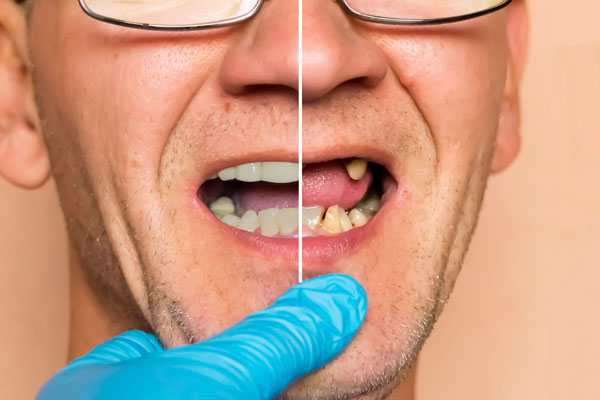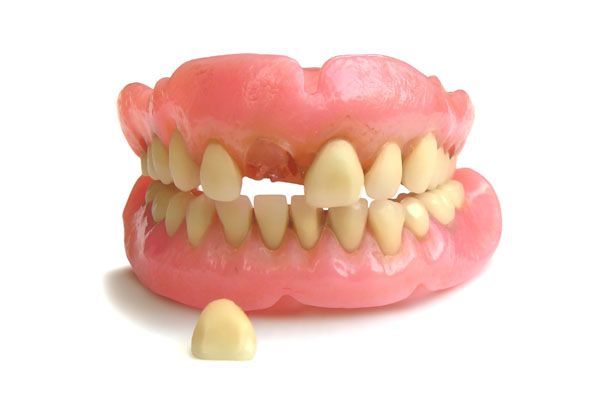What to Expect From Root Canal Therapy

Faced with tooth removal or saving the tooth, dental experts believe attempts should be made to keep the tooth, which is why dentists perform root canal therapy — a painless and meticulous process of saving the tooth from extraction by removing the infection from the root and strengthening it.
What is root canal therapy?
Also called endodontic therapy, the root canal procedure is the process of cleaning out infected, dead or deteriorating pulp (soft tissues) inside the tooth. The tooth contains two to four chambers or canals; these contain nerves, connective tissues and blood supply chains to keep the tooth alive and developing.
After adolescence, when the tooth is fully formed, the pulp’s functions become redundant. If infection sets into the tooth due to tooth decay, trauma or periodontal disease, it may be possible to clean out the pulp and fill up the space.
Signs that you may be a candidate for root canal therapy
If infection invades your tooth, you will experience:
- A throbbing toothache
- Pain when biting or drinking hot or cold drinks
- Bad breath (halitosis)
- Swollen or inflamed gum
- A pimple along the gum line of the affected tooth
- Pus around the tooth
If you witness any of the above signs or symptoms, you need to book an appointment with the dentist immediately. The dental expert will perform a thorough examination of your mouth, take X-rays and recommend the suitable course of treatment.
The root canal procedure
If you have been slated for a root canal procedure to save your tooth, the dentist will ensure that you are entirely comfortable during the procedure, which should typically take about an hour. Usually, you will get local anesthesia to render the area numb to pain.
The dentist will bore a tiny hole to access the first root canal and insert multiple files of different sizes into the canal. This is to clean out the infected material and scrape the canal wall smoothly to ensure there is no debris left. Some antibiotics will be added before space is sealed off with elastic gutta-percha.
If necessary, the dentist will perform a similar operation on other root chambers. Afterward, they will cover the tooth with dental crowns or temporary filling.
At home, the patient will consume only soft meals for a day or two and use over-the-counter pain medications to manage the pain. Afterward, a visit to the dentist’s office will be required for the permanent crown.
After root canal therapy
A tooth should only require a single root canal in a lifetime. This, however, depends on the state of the remaining healthy tooth and the dental hygiene routines of the patient. As with every dental-related aftercare, brushing twice a day and flossing to eliminate plaque and reduce tartar formation is necessary to improve the teeth’s condition, as well as dental cleaning appointments and checkups.
Final note
If you are experiencing any of the signs pointing to a need for root canal therapy or have suffered trauma to a tooth, contact our dental office for an appointment.
Request an appointment here: http://thechesterfielddentist.com or call Chesterfield Dentist at (804) 412-0867 for an appointment in our Chester office.
Check out what others are saying about our dental services on Yelp: Do I Need a Root Canal.
Recent Posts
It is not always necessary to get a root canal when a dentist places a dental crown. These oral prosthetics, also known as caps, are used to protect the visible part of a person's teeth. Crowns are designed to look just like the tooth they are covering, making it very hard to detect when a…
Dentists employ a root canal to save a badly damaged or infected tooth. When decay, injury, or infection affects the soft tissue inside a tooth, known as the pulp, a root canal is often the best way to fix it. This treatment relieves pain and protects the tooth from further damage. Knowing what to expect…
Root canal treatment can keep an injured or decayed tooth in place. You may start feeling unsure of taking this path because of its reputation of being too painful. On the contrary, your dentist will make sure you will not feel any pain during the procedure. Recovery is another issue to face after going through…
Root canal therapy has a reputation as a scarily painful dental treatment, but that could not be further from the truth. Also known as endodontic therapy, root canal treatments are performed with local anesthetics, so the area being worked on is numb. Root canal therapy does not cause pain. Instead, it brings whatever issue that…


